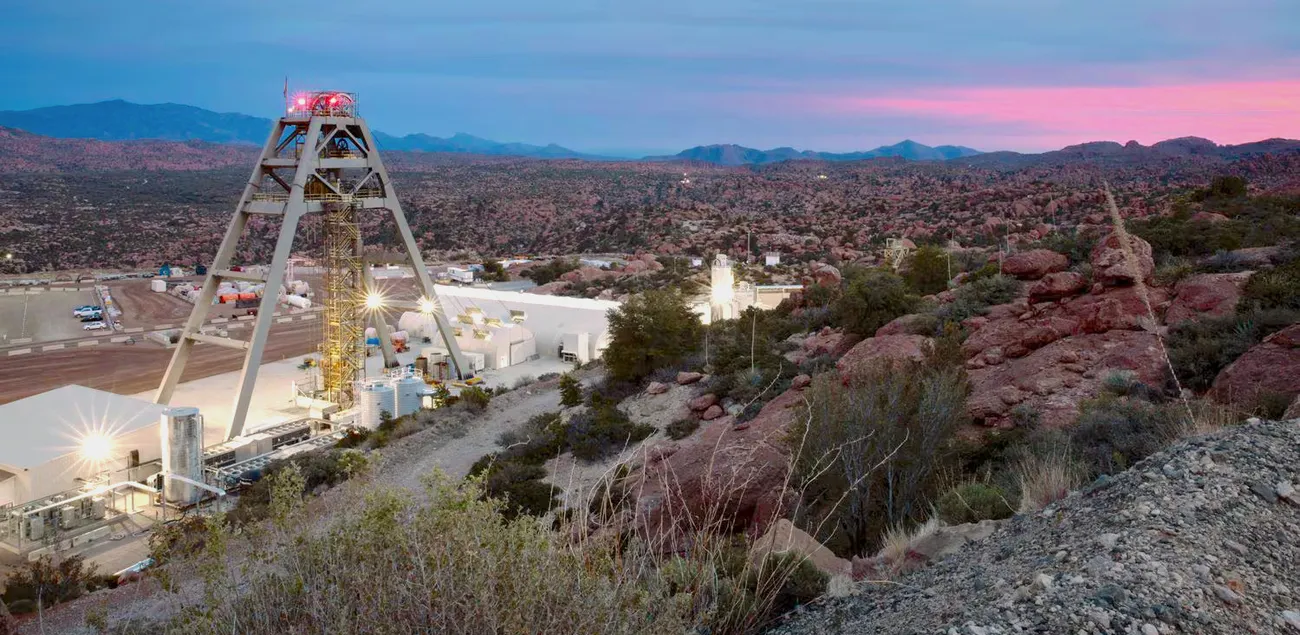
Rio Tinto, diversified miner, and BHP, diversified miner, have had a planned federal land transfer for their Resolution Copper project in Arizona paused by a U.S. appeals court, prompting public criticism from President Donald Trump. The San Francisco-based Ninth Circuit issued a temporary stay of the transfer while it considers arguments from the San Carlos Apache tribe, which opposes the mine on religious, cultural and environmental grounds.
Court stay and White House reaction
The stay arrived a day before the transfer was slated to occur and followed a White House meeting between Trump, Interior Secretary Doug Burgum and the chief executives of Rio and BHP. Trump denounced the panel as a “radical left court” and said opponents of the mine “are Anti-American, and representing other copper competitive Countries.” In a post on Truth Social, he added: “It is so sad that Radical Left Activists can do this, and affect the lives of so many people. We can’t continue to allow this to happen to the USA!” He did not outline steps to influence the litigation, but argued that “our Country, quite simply, needs Copper — AND NOW!”
The Ninth Circuit said it takes “no position on the merits” and will expedite its review, requesting briefs by October 14. Ten of the court’s 29 judges were appointed by Trump. A hearing date has not yet been set.
Project scope and tribal objections
Resolution Copper is designed as an underground operation that, according to supporters, could supply more than a quarter of U.S. copper demand. Opponents, led by the San Carlos Apache and allied groups, say subsidence from the mine would collapse a surface area that includes a site central to Apache worship.
Terry Rambler, chairman of the San Carlos Apache, countered Trump’s remarks, saying the tribe is “working to save the US from making a disastrous decision that would give up American resources to foreign interests.” He noted BHP is based in Australia and Rio is based in Australia and the UK, with its largest shareholder a Chinese aluminum company. While Rio has said all of Resolution’s copper would remain in the United States if the mine proceeds — and that it controls one of two U.S. copper smelters — Rambler said he believes the metal would be exported to China.
Legal and policy backdrop
Congress and President Barack Obama approved the land swap in 2014 through a late addition to a must-pass defense bill, conditioned on completion of environmental review. The project received key approvals late in Trump’s first term, which were later reversed by his successor, Joe Biden, triggering fresh regulatory steps and a protracted legal fight.
The tribal nonprofit Apache Stronghold previously asked the U.S. Supreme Court to block the transfer; the Court declined in May. The tribe then sought an injunction in federal district court, lost, and appealed to the Ninth Circuit, which granted the current temporary pause. Rio said it is “confident the court will ultimately affirm” the transfer. Rio CEO Jakob Stausholm and his successor, Simon Trott — due to take the reins next month — joined BHP CEO Mike Henry at the White House meeting. Henry thanked Trump and Burgum “for their strong leadership to reinvigorate mining and processing supply chains in and for America.”
The clash also follows a new U.S. tariff on certain copper products: last month the administration imposed duties on wiring and pipe, but not on copper concentrate from mines — a scope that fell short of industry expectations and leaves concentrate imports unaffected.



